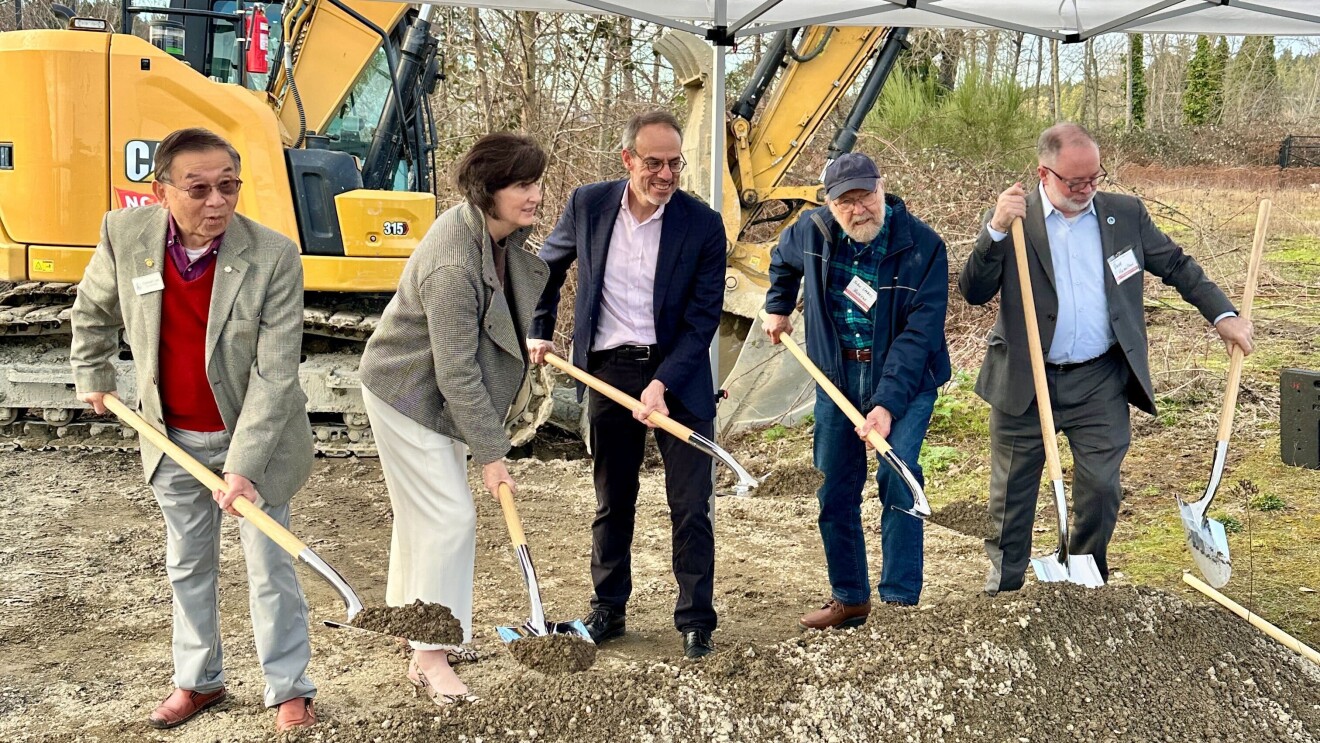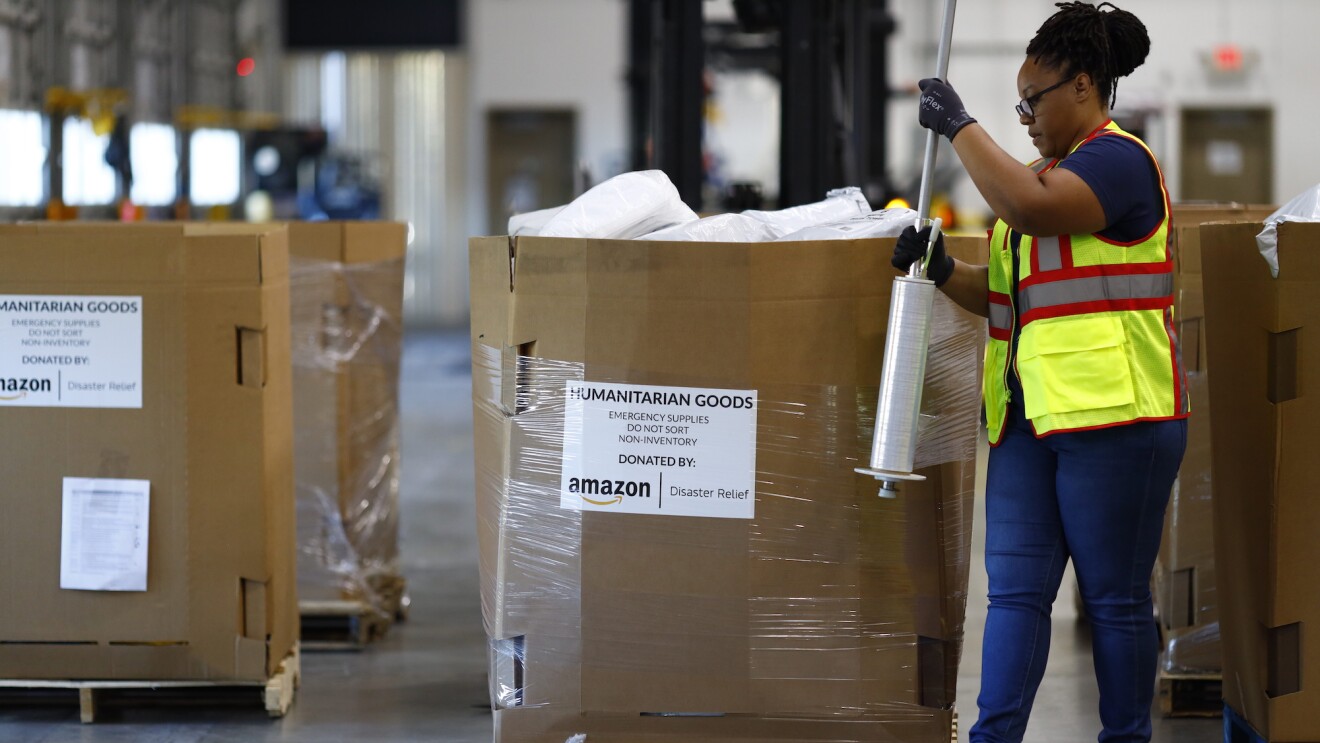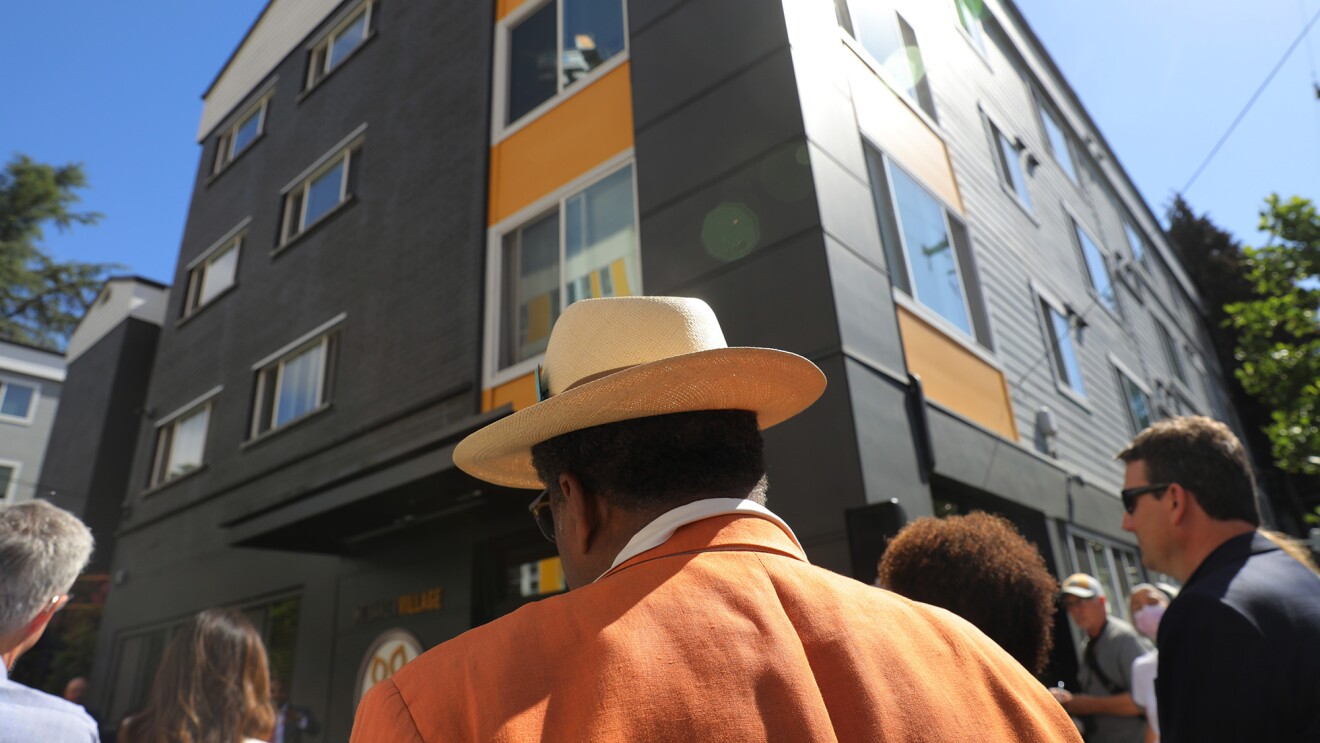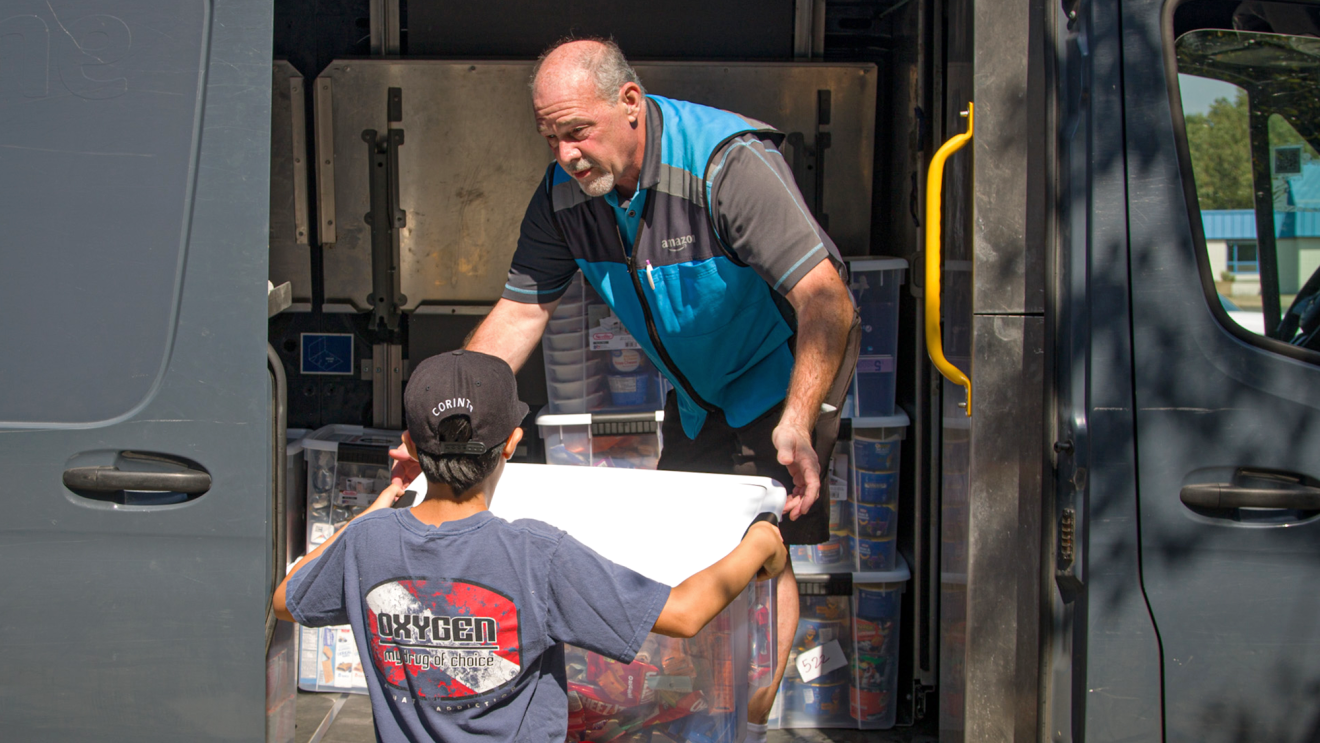Over the past decade, Amazon has had a significant impact on the American economy. From directly investing more than $1 trillion in the U.S., to creating over 1 million jobs across the country, to contributing over $880 billion to the U.S. GDP1, we know that our scale has a big impact.

But we also know that when corporations rattle off numbers this large, it can be difficult to fully grasp what these investments actually mean for local communities. To better understand this, our economists conducted a study to compare counties with Amazon investments to similar counties without our investments. They looked at standard economic outcomes that are routinely reported by the government, including employment-to-population ratio and the median household income. Using panel regressions, matched panel regressions, and synthetic control, the researchers identified the changes that resulted from Amazon opening facilities in these locations.
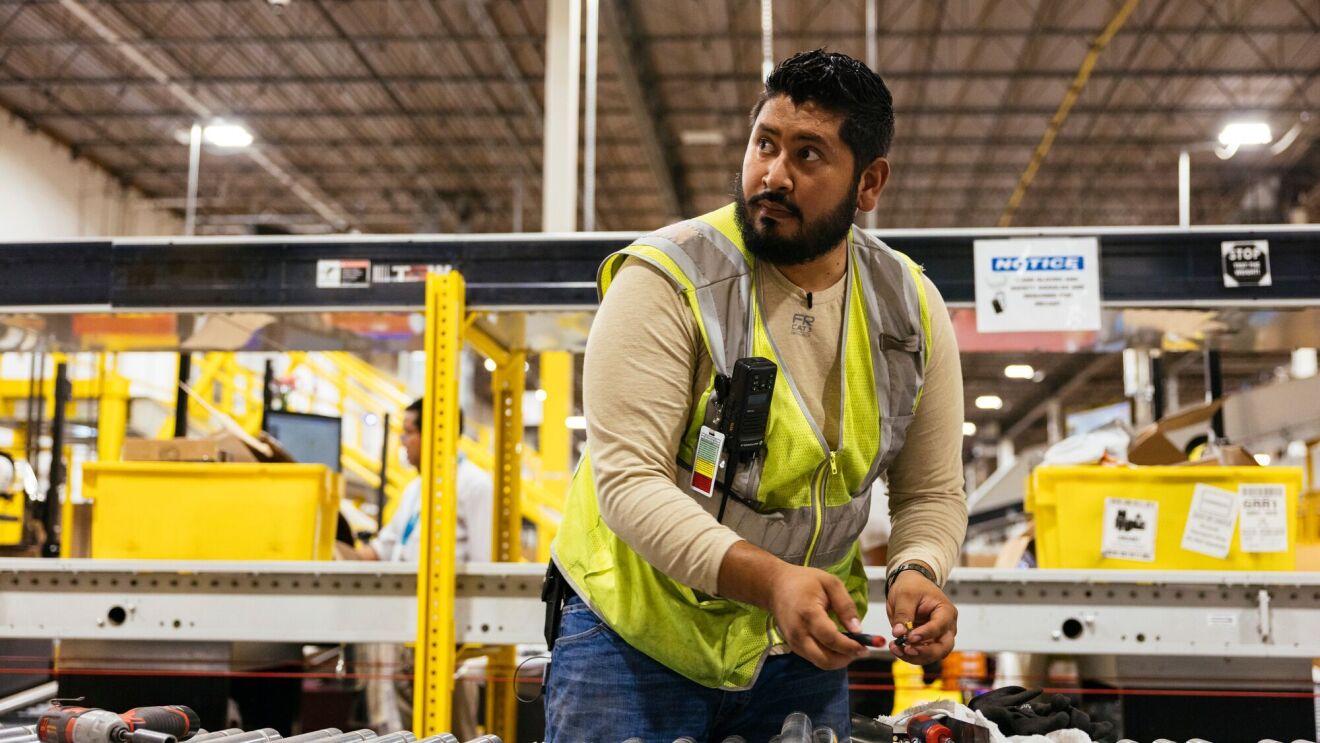
Here's what they found:
1. Counties with Amazon facilities see a boost in employment

Researchers found that the employment-to-population ratio in counties with Amazon investment increased by 1.7% on average. This implies a job-multiplier effect of 1.9—meaning that for every 10 jobs that Amazon created directly in a county, nine additional jobs were created there. A typical mid-sized county that received Amazon’s investment had on average 4,400 more new jobs than a similar county that did not receive an investment by the company.
Take Licking County, Ohio, for example—three years after opening its first local facility in the county, Amazon had directly created over 4,000 jobs. Then as result of Amazon’s investment, other Licking County employers created an additional 3,600 jobs.
How’s that possible? The answer is two-fold. First, Amazon fulfillment centers drive demand for many partners to create jobs of their own, including shipping companies that hire drivers to deliver packages to customers; construction companies that hire workers to build facilities; and local companies like caterers that hire employees to provide services to the facility. Second, Amazon employees spend money in local businesses, which create more jobs and hire more people to meet the increased demand.
2. The median household income increased by up to 2.2%

This translates into families in these counties receiving on average an additional $1,350 per household per year after Amazon opens a facility in their communities. In Arapahoe County, Colorado, for example, the median household income for families went up by $1,825 after Amazon opened a local fulfillment center. And the impacts go beyond family income. In the counties where Amazon invests, thousands of newly hired workers start contributing to the tax base and spending their money in local restaurants, movie theaters, grocery stores, and elsewhere. Local businesses see the downstream effects of the company’s investments.

To learn more about our findings and the methodology as the paper undergoes peer review, please read the full working paper. The initial findings indicate a strong correlation between improved economic outcomes and the counties where Amazon invests. We’ll continue to create good jobs with benefits and advancement opportunities so we can keep delivering for our customers, and we’re also proud that our investments have the added effect of improving the local economy—and improving economic opportunities for people—in communities across the country.
1GDP contribution estimated by Keystone Strategy, a third-party economic consultancy.
Trending news and stories
- Amazon unveils 7 new robots powering faster, safer deliveries: Go inside our most innovative delivery station yet
- Introducing Vulcan: Amazon's first robot with a sense of touch
- This new AI tech will make sorting packages easier for Amazon's delivery station employees
- How Amazon helps data center communities thrive





